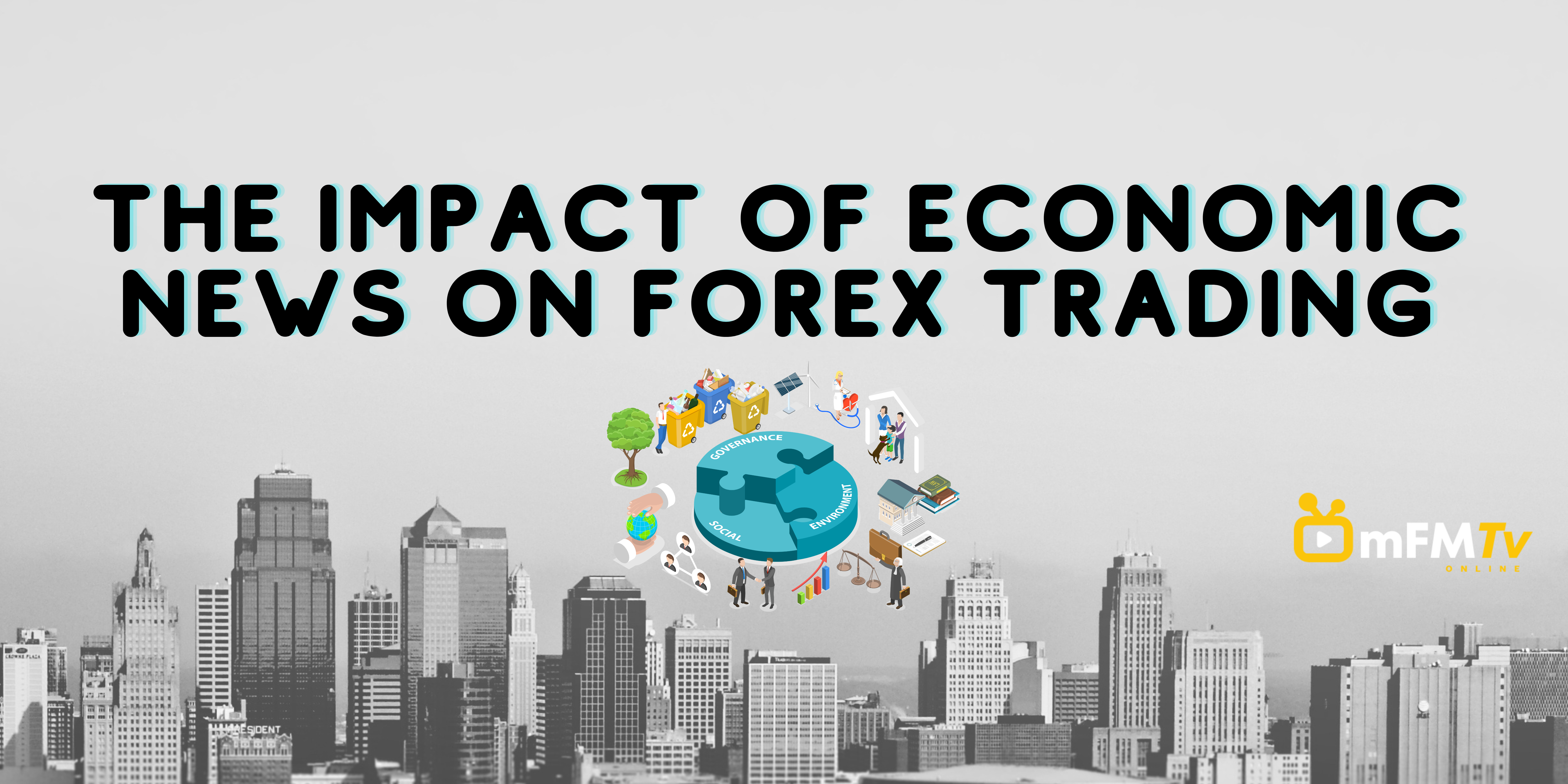The forex market is a truly worldwide exchange platform, where participants from around the world engage in daily trades amounting to trillions of dollars.
This globalization of foreign exchange trading underscores the heightened significance of macroeconomic events across the globe in the forex market. Consequently, traders are no longer limited to trading popular currencies, although these remain a solid starting point.
Here are the main points to remember:
- Forex markets are significantly influenced by macroeconomic statistics, particularly factors like inflation.
- Exchange rates are also impacted by various capital markets, including stocks, bonds, commodities, and more.
- International trade figures, such as trade deficits and surpluses, hold a crucial role in the forex market.
- Political news can be of significance to forex traders, especially when unanticipated events or outcomes occur.
The Role of Macroeconomics in Forex
Macroeconomics plays a pivotal role in shaping the dynamics of the forex market. These macroeconomic forces exert a profound impact on a trader’s choices, ultimately dictating the value of a currency at any given moment. One of the core determinants of a currency’s exchange rate is the economic well-being of a nation. The overall economic health can undergo rapid transformations, triggered by contemporary events and the release of new information. Nevertheless, many accomplished forex traders exhibit strong discipline by adhering to a defined set of trading principles. Now, let’s delve deeper into the factors that shape a nation’s economic status and drive fluctuations in its currency’s value.
Capital Markets and Forex
Global capital markets serve as prominent barometers of an economy’s well-being, offering readily observable indicators. The release of public information in these markets is highly conspicuous, with a constant stream of media coverage and real-time updates on the activities of corporations, institutions, and government bodies. Any surge or decline in the securities originating from a particular country becomes a clear signal that the economic outlook for that nation has undergone a shift.
Moreover, numerous economies are closely tied to specific sectors, such as Canada’s reliance on commodities. The Canadian dollar’s performance is intricately linked to commodities like crude oil and metals. In the event of an upswing in oil prices, it’s probable that the Canadian dollar will strengthen compared to other currencies. Both commodity traders and forex traders heavily rely on economic data for their trading decisions, often reacting to the same dataset, thereby creating a direct influence on both markets. The correlation between currency and commodity trading is a captivating and multifaceted subject.
The bond markets, much like the forex market, are of great significance because both fixed-income securities and currencies are heavily reliant on interest rates. Fluctuations in Treasury bond prices directly impact exchange rates, making yield changes a vital determinant of currency values. Hence, having a sound understanding of bonds, particularly government bonds, is crucial for excelling as a forex trader.This post is sponsored by our partners Wigs
International trade is another pivotal factor, particularly the trade balance between nations. This balance acts as a gauge for the relative demand for a country’s goods. A nation with highly sought-after products or services on the global stage often experiences an appreciation of its currency. For example, when people want to purchase goods from Australia, they must convert their currency into Australian dollars, boosting the demand for the Australian dollar and subsequently increasing its value. Conversely, countries with substantial trade deficits are net purchasers of foreign goods, necessitating the sale of more of their currency to acquire foreign currencies for these purchases. Such situations tend to have a negative impact on the value of the importing country’s currency.
Political News and Forex Markets
Political news and developments significantly influence the overall economic outlook for a country and, consequently, its currency’s perceived value. Forex traders diligently monitor political events, as they can foreshadow changes in national governments’ economic policies, such as government spending shifts and regulatory adjustments affecting specific sectors or industries. Alterations in rules regarding margin or trader leverage often have a profound impact on the markets.
Elections with uncertain outcomes are always significant events in the currency markets. Exchange rates often respond positively to victories by pro-growth or fiscally responsible parties. Referendums can also exert substantial influence on exchange rates, as evidenced by the Brexit vote, which dramatically affected the value of the British pound when the UK chose to leave the EU.
The fiscal and monetary policies of a government are the most influential factors in its economic decision-making. The forex market closely watches central bank decisions that affect interest rates for any changes in key rates or indications of future policy directions.
Economic Statistics and Forex
Economic statistics are the bedrock of a forex trader’s toolkit. Maintaining an economic report calendar is essential in this fast-paced marketplace. Gross domestic product (GDP) is one of the most visible economic indicators, serving as a benchmark for a country’s economic performance and strength. However, it’s important to note that GDP is a lagging indicator, reporting on past events and trends.
Inflation is also a critical indicator, signaling rising price levels and falling purchasing power. However, it’s a complex issue, as inflation can both exert downward pressure on a currency due to diminishing purchasing power and lead to currency appreciation if central bankers raise rates to combat inflation. Inflation is a topic of debate among economists, and its effects on currencies are rarely straightforward.
Other indicators such as employment levels, retail sales, manufacturing indexes, and capacity utilization provide essential insights into an economy’s current and projected strength, offering confirmation for the core factors outlined above.
In summary, the forex market is fundamentally driven by economic factors that influence the value and strength of a nation’s currency. A country’s economic outlook has the most profound impact on its currency’s value. Being aware of the key factors and indicators is essential for staying competitive in the dynamic world of forex trading.




